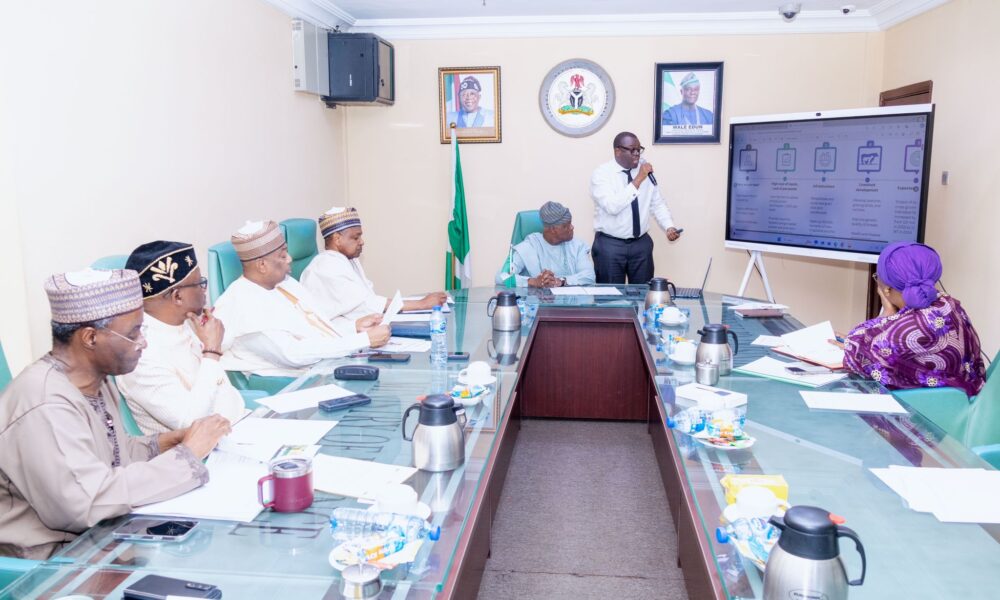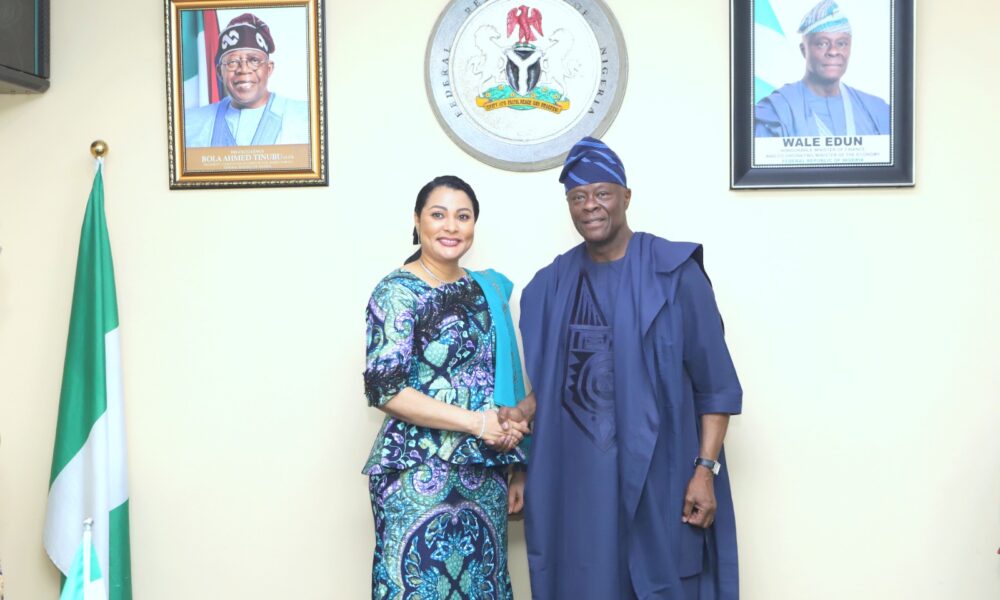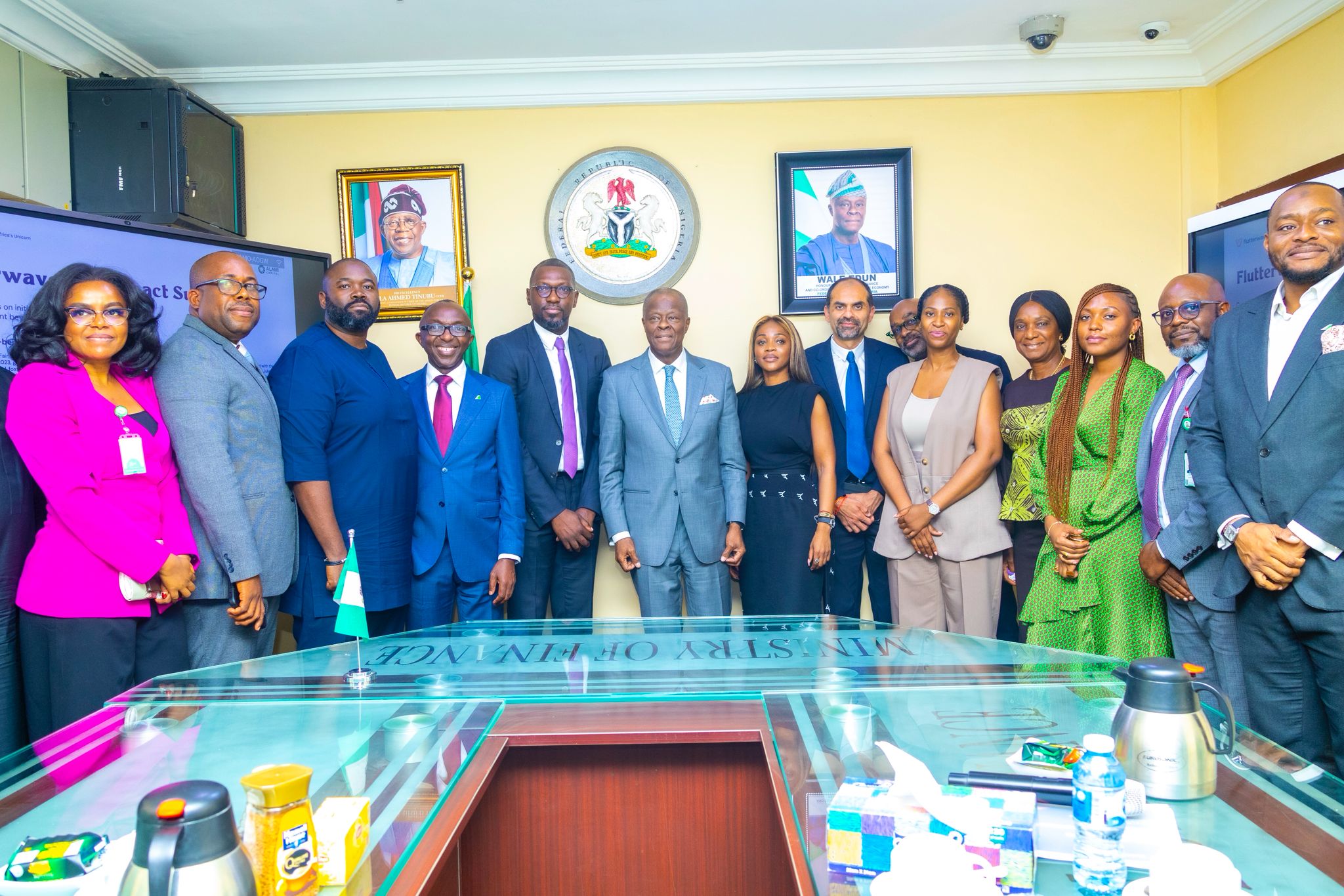In its bid to tackle Nigeria’s economic challenges and promote sustainable development, the Federal Government has inaugurated the Accelerated Stabilization and Advancement Plan (ASAP) Implementation Committee.
Director Information and Public Relations, Mohammed Manga in a statement he issued in Abuja on Monday indicated that the launch was led by the Minister of Finance and Coordinating Minister of the Economy, Mr. Wale Edun, at the inaugural meeting held in Abuja on Monday.
Mr. Edun highlighted that the ASAP initiative is a core element of President Bola Ahmed Tinubu’s comprehensive reform agenda, which is focused on revitalizing key sectors of the economy.
He explained that the plan is targeted at eight priority areas, including Agriculture, Energy, and Health, aiming to drive substantial and sustainable development across the country.
In his opening remarks the Minister highlighted the collaborative approach that will underpin the ASAP initiative.
He told the committee members that they will work closely with technical experts from various government agencies to set clear goals and ensure the plan’s successful execution.
Edun particularly emphasized the government’s commitment to enhancing agricultural productivity, announcing a coordinated dry season farming initiative.

This initiative according to him, will see the Federal Ministry of Finance, the Central Bank of Nigeria, the Federal Ministry of Agriculture and Food Security, and the African Development Bank working hand in hand to provide timely delivery of fertilizers and other essential farming inputs.
The statement liated several key government figures at the meeting to include the Minister of Agriculture and Food Security, Senator Abubakar Kyari; the Minister of Budget and Economic Planning, Senator Abubakar Atiku Bagudu; the Coordinating Minister of Health and Social Welfare, Muhammad Ali Pate; the Minister of Power, Chief Adebayo Adelabu; and the Minister of State for Petroleum Resources (Gas), Ekperikpe Ekpo. The Director General of the Budget Office of the Federation, Tanimu Yakubu, was also present.
“As the ASAP Implementation Committee begins its work, it will focus on making significant progress in each of the identified priority sectors.
“The committee, under the leadership of Edun, is mandated to ensure that the plan is executed with precision and accountability, laying the groundwork for Nigeria’s economic transformation.
“With the ASAP Implementation Committee now active, Nigeria is poised to enter a new phase of economic growth and development, characterized by strategic collaboration among government agencies and a strong focus on sustainable progress.”




